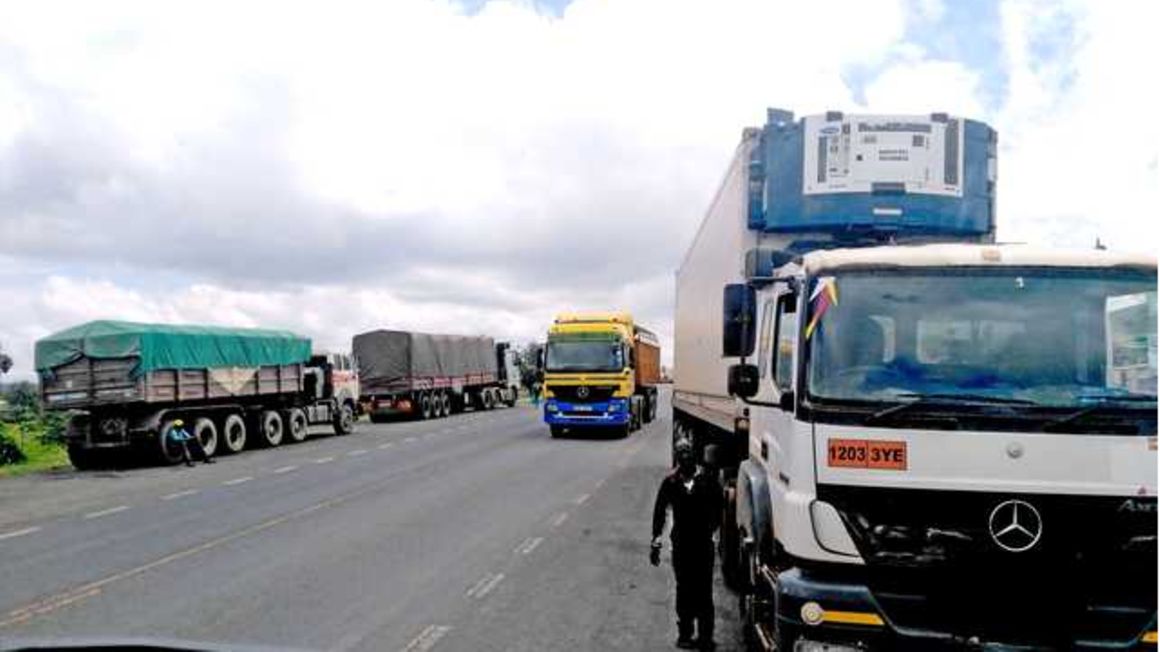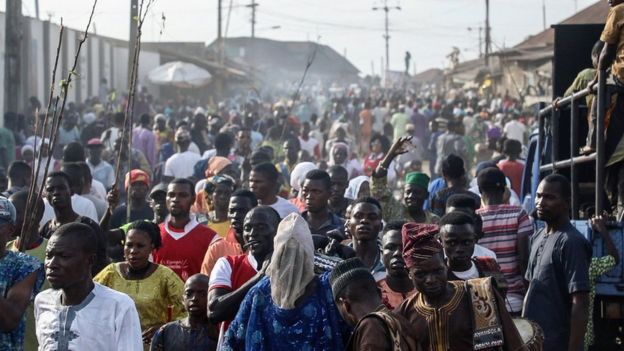Regional
Blinken’s ‘faux pas’ during visit to Rwanda
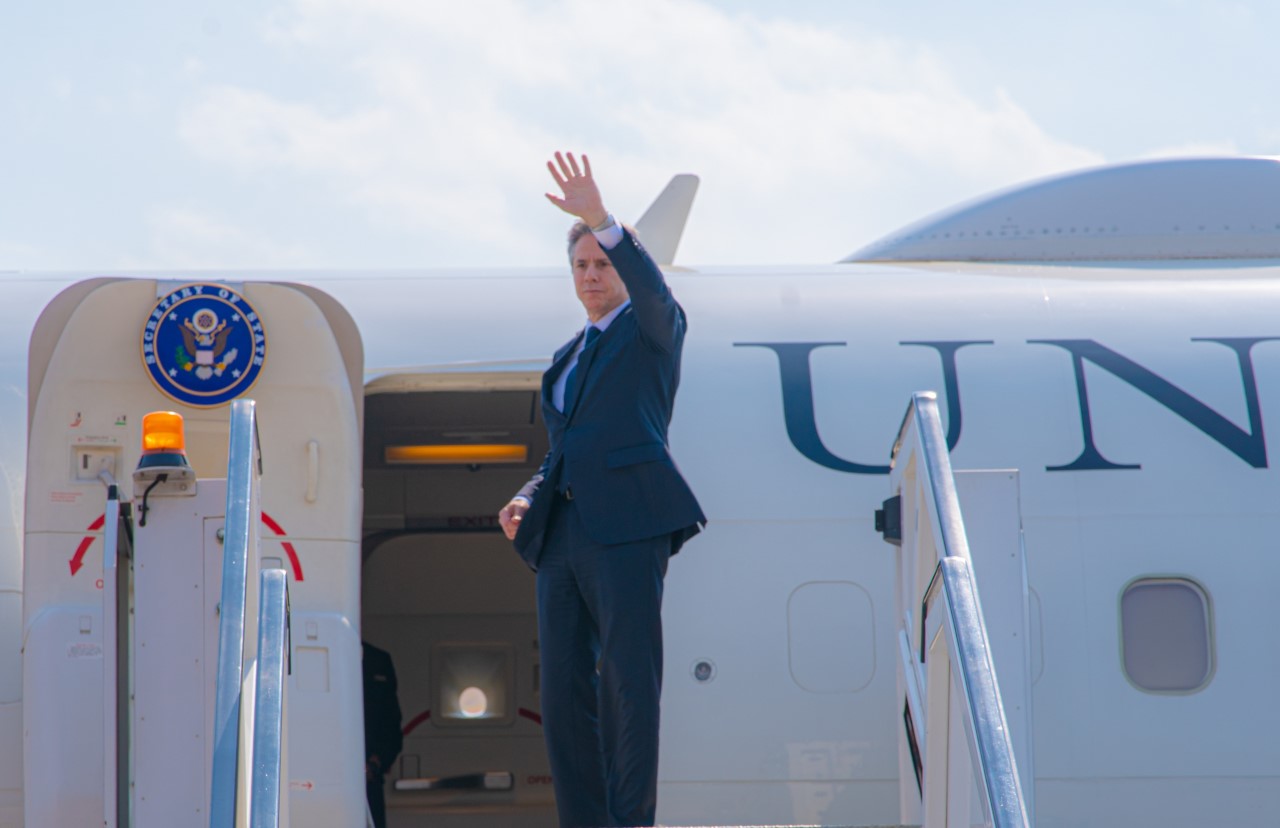
During
his August 10-11 visit to Rwanda, US Secretary of State, Antony Blinken, made
unimpressive and tactless remarks on different matters.
To
start with, true to his word, Blinken did not wander far from his agenda in
Kigali which included holding discussions regarding conflicts in the east of
the Democratic Republic of Congo (DRC) and the release of convicted terrorist
Paul Rusesabagina.
The
latter is the founder of the National Liberation Front (FLN), a criminal
organization that served as an armed wing of his Rwandan Movement for
Democratic Change (MRDC).
In 2018,
on three different occasions, Rusesabagina’s militias carried out violent
attacks inside Rwanda, killing nine civilians, injuring several, and destroying
properties. Rusesabagina personally made several statements celebrating these
criminal acts and claiming responsibility.
On
many occasions, he publicly announced his support to his militias. In early
2019, in a video available online, he reaffirmed his allegiance to his criminal
group, declared war against Rwanda, and called for recruitment and mobilization
of combatants.
Sadly,
but not surprisingly, that call for the release of a convicted terrorist came a
few days after the CIA executed – without trial – the leader of al-Qaeda, Ayman
al-Zawahiri, in a drone strike in Afghanistan.
During
his earlier trip to the DRC capital, Kinshasa, before going to Rwanda, Blinken
said that the US is aware of the UN experts’ report claiming that Rwanda
supports the M23 rebellion in eastern DRC.
He, unashamedly, signaled that the US agrees with the report, according
to their own estimations.
Worse
still, the US Secretary of State failed to acknowledge that the root cause of
conflicts in eastern DRC, for nearly three decades, is not M23, but especially the
genocidal ideology of the FDLR militia which the current government in Rwanda
has no hand in.
Ever
since they perpetrated the 1994 genocide against the Tutsi and fled into
eastern DRC, then Zaire, the remnants of the masterminds of the genocide
against the Tutsi have left no stone unturned when spreading their venomous
ideology. All these years, Rwandan authorities kept hoping that the
international community would, at least, seriously condemn the genocidaires.
Unfortunately, all that some in the international community do is prop up the
militia as Rwanda watches.
Rwanda
is extremely patient. But patience eventually runs out if your neighbor doesn’t
want peace. Rwanda will defend its
people, territory and sovereignty from all threats within and outside the
country, in accordance with national and international law.
While
in Kigali, another item that Blinken brought up, several times, during his press
conference with the Rwandan Minister of Foreign Affairs and International
Cooperation, Dr Vincent Biruta, was the “serious concerns” over human rights in
Rwanda and the “wrongful detention” of Rusesabagina. The latter is the founder of the MRCD-FLN
terrorist group who is serving a 25-year jail term in Rwanda after being
convicted of terrorism in 2021. Blinken argued that there are concerns over
lack of fair trial guarantees provided during Rusesabagina’s trial.
Aware
that he planned to travel to Rwanda and request for their tormentor’s freedom,
the victims of the terror attacks carried out by the MRCD-FLN terrorists in the
Southern and Western provinces of Rwanda, had – in a letter – requested an
audience with the US Secretary of State. He evaded them.
Due
to Blinken’s ‘tight schedule’, he was not able to accord an audience to the FLN
attacks’ victims per their earlier request through a letter addressed to him before
his arrival in Rwanda. His refusal to meet them reaffirmed his position on their
suffering. What also spoke volumes was the fact that he refused to hear the
other side of the story but went on to state that the US will continue to
engage on the matter, as well as stay in contact with Rusesabagina’s family.
In
his signatory message at the Kigali Genocide Memorial, he referred to the 1994
Genocide against the Tutsi as “tragic events” yet he mentioned that his family
survived the Holocaust. To an outsider, this might look like he is sympathizing
with Genocide survivors. But how could he sympathize with them when the US continues
to adamantly refuse to acknowledge the 1994 Genocide against the Tutsi?
After
Rwanda bid farewell to the US Secretary of State, after his two-day visit, it’s
stand should be firm. Rwanda should continue supporting regional peace efforts
including the Nairobi and Luanda initiatives geared at finding lasting
solutions to the instability in eastern DRC.
And
Rusesabagina must continue to serve his sentence in prison, like any other
criminal. The terror convict is a Rwandan citizen. Holding US permanent residence does
not shield him from facing justice for his crimes.


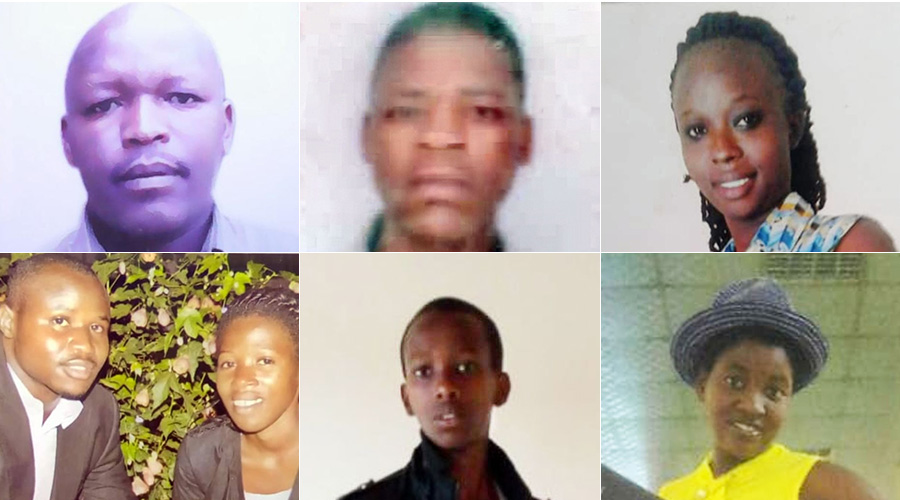
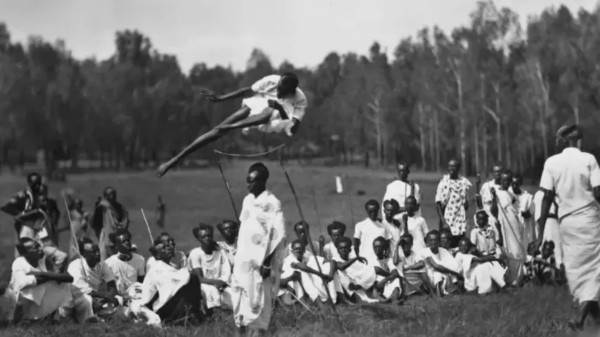
.jpg-20220801073228000000.jpg)
